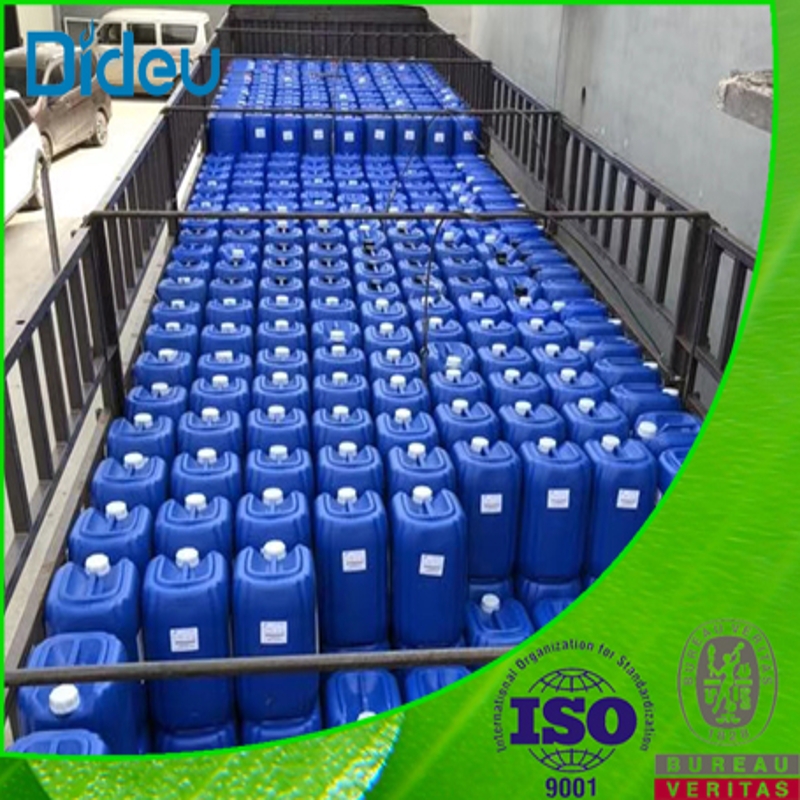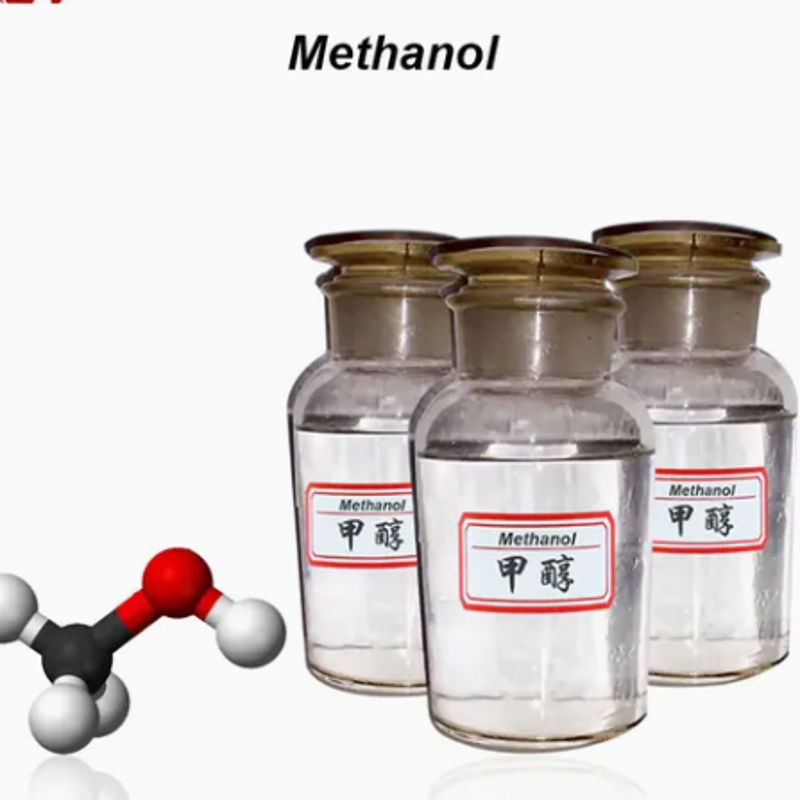-
Categories
-
Pharmaceutical Intermediates
-
Active Pharmaceutical Ingredients
-
Food Additives
- Industrial Coatings
- Agrochemicals
- Dyes and Pigments
- Surfactant
- Flavors and Fragrances
- Chemical Reagents
- Catalyst and Auxiliary
- Natural Products
- Inorganic Chemistry
-
Organic Chemistry
-
Biochemical Engineering
- Analytical Chemistry
-
Cosmetic Ingredient
- Water Treatment Chemical
-
Pharmaceutical Intermediates
Promotion
ECHEMI Mall
Wholesale
Weekly Price
Exhibition
News
-
Trade Service
The safety of dimethyl isophthalate-dimethyl terephthalate-ethylene glycol copolymer is a crucial topic in the chemical industry, particularly for those who work with this material on a regular basis.
It is important to understand the potential hazards associated with this copolymer and to take appropriate safety measures to protect workers and the environment.
Dimethyl isophthalate-dimethyl terephthalate-ethylene glycol copolymer, also known as polyester resin, is a commonly used synthetic polymer in the production of various household and industrial products.
The chemical structure of this copolymer consists of a combination of dimethyl isophthalate, dimethyl terephthalate, and ethylene glycol monomers.
These monomers are reacted together to form a long-chain polymer, which can be further processed into various products.
As with any chemical, the safety of dimethyl isophthalate-dimethyl terephthalate-ethylene glycol copolymer should be evaluated based on its potential hazards.
The following are some of the key safety concerns associated with this copolymer:
- Fire and explosion hazard: Polyester resin is highly flammable and can ignite when exposed to heat, sparks, or other sources of ignition.
In addition, it can react violently with certain chemicals, such as strong acids and bases, which can lead to explosive reactions. - Health hazards: The production and handling of polyester resin can expose workers to a variety of health hazards.
Workers may inhale vapors or mists containing toxic substances, such as styrene or toluene, which can cause respiratory problems, headaches, and other health issues.
In addition, workers who handle this material may experience skin irritation or allergic reactions. - Toxicity: Some of the monomers used in the production of polyester resin, such as dimethyl terephthalate and ethylene glycol, are classified as toxic.
Inhaling or ingesting these substances can cause a range of health problems, including nausea, vomiting, and respiratory difficulties. - Environmental hazards: The manufacturing and disposal of polyester resin can have negative impacts on the environment.
The waste generated during production can contain hazardous chemicals that can contaminate soil and water sources.
In addition, the disposal of polyester resin products can contribute to the accumulation of plastic waste in landfills and other environments.
To mitigate the potential hazards associated with dimethyl isophthalate-dimethyl terephthalate-ethylene glycol copolymer, it is essential to follow proper safety procedures and to use appropriate protective equipment.
Some of the key safety measures that should be taken when handling this material include:
- Proper storage: Polyester resin should be stored in a cool, dry area, away from any sources of ignition or heat.
It should also be stored in airtight containers to prevent exposure to moisture or other environmental factors. - Proper handling: Workers should wear appropriate personal protective equipment, such as gloves, safety glasses, and respirators, when handling polyester resin.
In addition, they should avoid prolonged exposure to the material and take frequent breaks to allow their bodies to recover from any potential hazards. - Proper disposal: Any waste generated during the production or use of polyester resin should be disposed of in accordance with local and national regulations.
This may include incineration or other methods of hazardous waste disposal. - Training: Workers who handle polyester resin should receive proper training on the hazards associated with this material and the appropriate safety measures for handling it.
In







